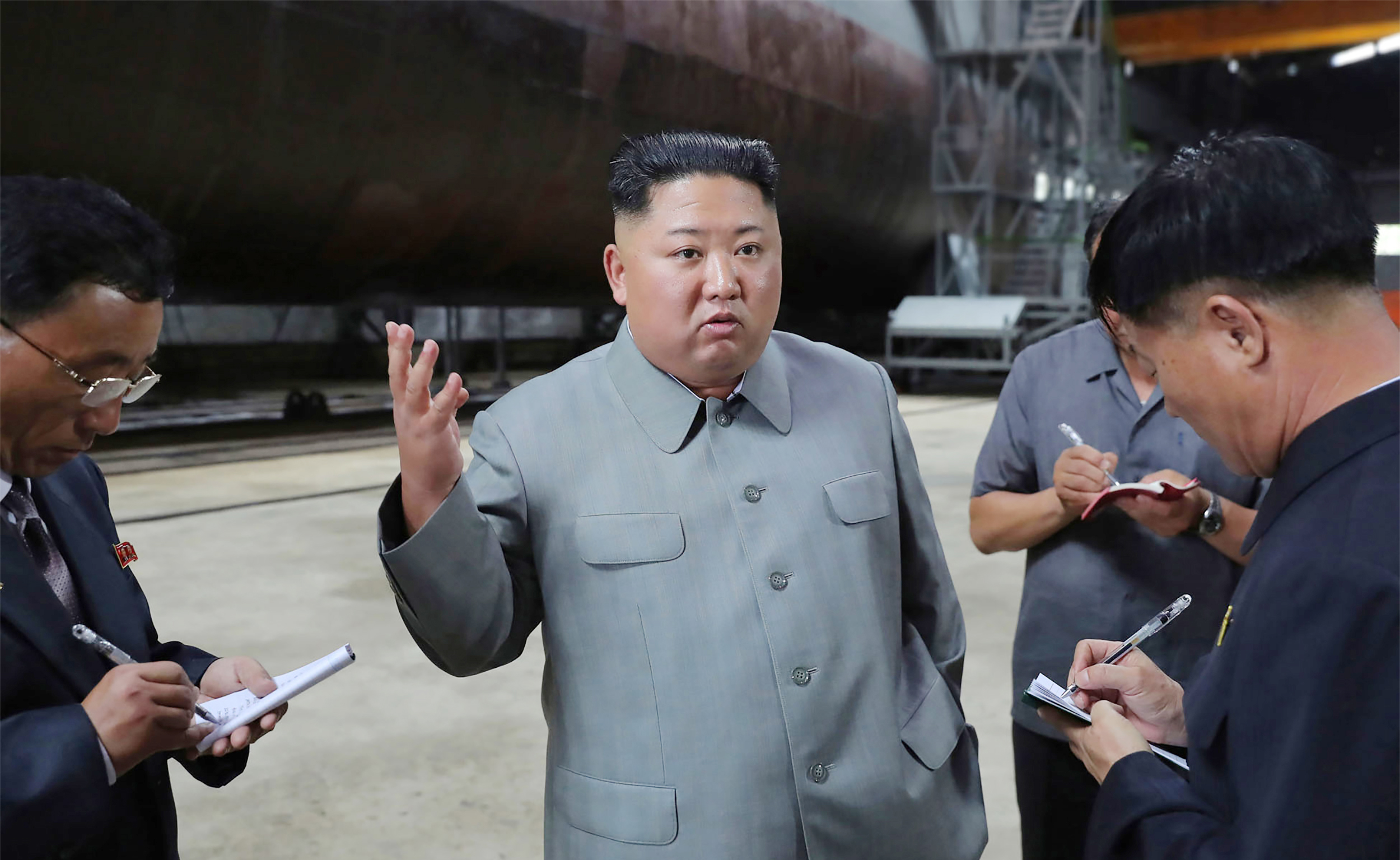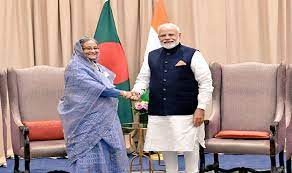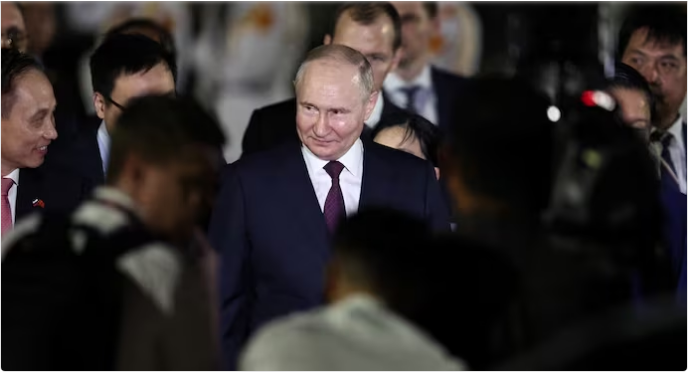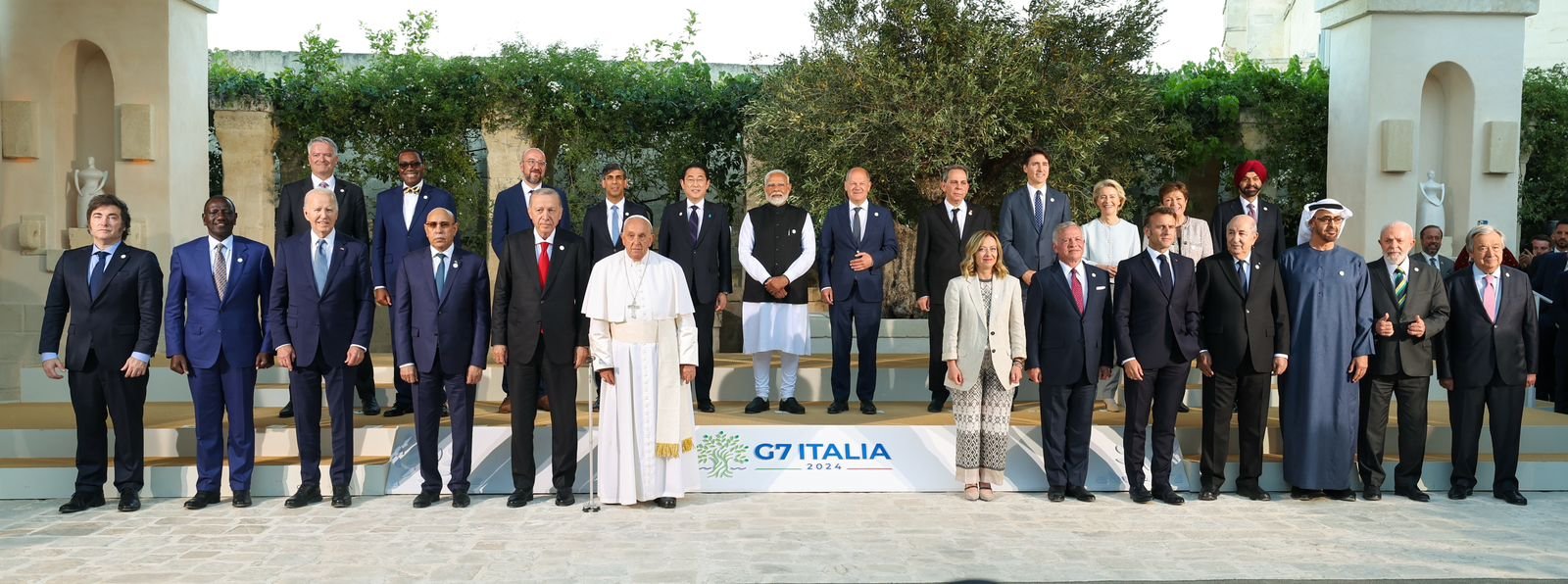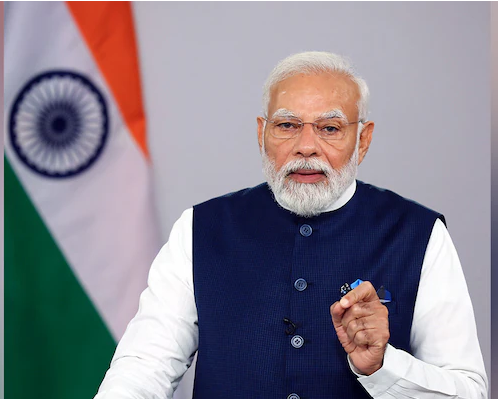IMF approves $2.9 billion bailout to Sri Lanka, warns of vulnerabilities

NEW DELHI: The International Monetary Fund (IMF) has approved the second review of Sri Lanka's $2.9 billion bailout package, authorising the flow of around $336 million to the crisis-hit nation. The global lender acknowledged signs of economic growth in a statement issued on Wednesday but warned that the country's economy remained highly vulnerable and that achieving debt sustainability remains a challenge.
The IMF has urged the Official Creditor Committee (OCC), which comprises key lenders Japan and India, to complete a Memorandum of Understanding (MoU) as soon as possible. It also encouraged complete agreements with the Chinese Export-Import Bank. The lender highlighted the importance of completing these agreements in stabilising Sri Lanka's financial status and ensuring a long-term economic recovery.
Sri Lanka experienced its greatest financial crisis in over seventy years in 2022, following a significant depletion of its foreign exchange reserves. This resulted in a dollar shortage, driving inflation to reach 70 per cent, a steep 7.3 per cent economic contraction, and the rupee to collapse. The IMF bailout won in March of last year has subsequently brought some stability, with the currency rising by 7 per cent in recent months and inflation falling to 0.9 per cent in May. However, demand remains low, and continuing debt restructuring talks continue to rattle markets.
According to the IMF, Sri Lanka's economy is beginning to revive. Inflation has slowed, income collection is increasing, and foreign reserves are being accumulated. Shehan Semasinghe, Sri Lanka's State Minister of Finance, pointed out the significance of these events, saying on platform X that the approval of the second review demonstrates a continuous commitment to economic recovery and growth, which is critical for maintaining stability and resilience.
Despite these encouraging signs, the IMF cautioned of "important vulnerabilities" that continue to imperil Sri Lanka's economic future. These include issues such as continued debt restructuring, income mobilisation, reserve buildup, and the financial sector's ability to support recovery. The IMF underlined the importance of additional revenue measures to finance the 2025 budget, as well as further tax administration reforms and increased clarity in tax exemption limits.
The lender also expressed concern about potential domestic concerns, including the prospect of "waning reform momentum" if consistent policies are not maintained. With presidential elections slated for before mid-October, opposition parties have suggested that if elected, they may reconsider current government tax policy and IMF program aims.


